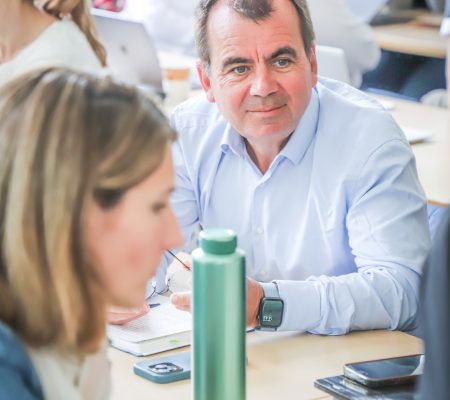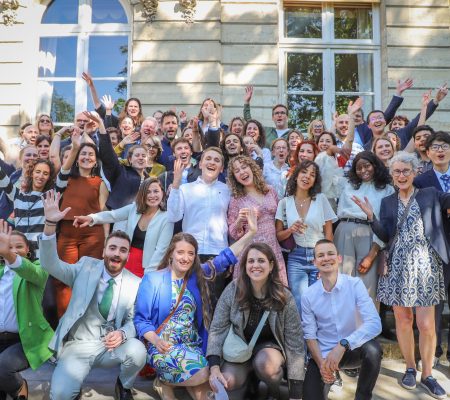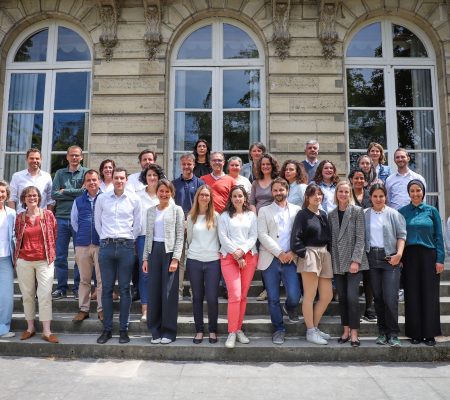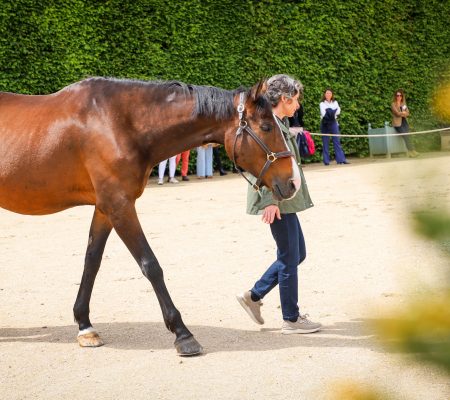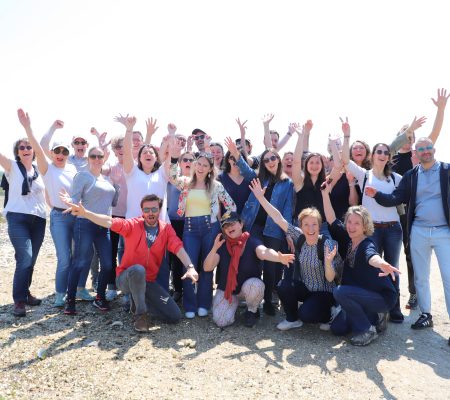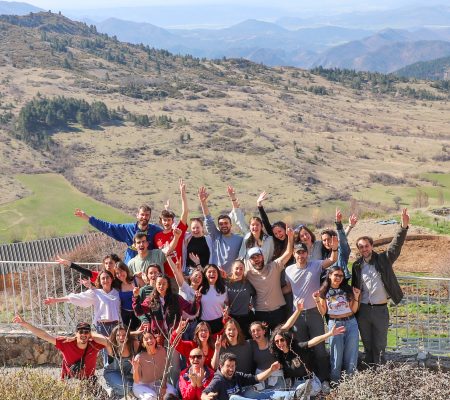Welcome to Arman Ranjbari !
Where are you from Arman ?
I’m from the Kurdistan region in the west of Iran. When I was in high school, my region started facing new challenges like droughts and the drying of rivers. This situation made me interested in water-related issues, so I decided to study Water Engineering in the agricultural sector at the University of Kurdistan. After getting my bachelor’s degree, I realized that this field was exactly what I was passionate about, so I continued my studies at the master’s level at the University of Tehran, the best university in Iran. After graduating, I started my own company focused on designing and implementing irrigation systems for farmlands in Kurdistan.
After a few years of working in that sector, I realized that the consequences of climate change were becoming more serious and that my region was very vulnerable to extreme challenges. That’s why I decided to continue my studies in a more advanced country, in a program that focuses directly on the environment. In 2023, I started a master’s degree in Environmental Risks Management at Université Côte d’Azur. For my final internship, I applied for an opportunity at Mines Paris at ISIGE center, because the subject is exactly in line with my interests. Since the end of March, I’ve been working there under the supervision of Emmanuel GARBOLINO on a project about modeling and automation of climate data downscaling for current and future projections.
When did you decide to take action for the ecological transition ?
As I mentioned in the previous question, the consequences of climate change started to appear in my region about two decades ago. At that time, people didn’t really use the term “climate change,” but everyone was talking about the new challenges we were facing, less rainfall, longer drought periods, reduced agricultural production, and the drying of rivers. In the Kurdistan region, agriculture is the main source of income because there is very little industry, mostly due to government restrictions. So when droughts happen, the entire community suffers.
Even as a young person, I felt strongly that I wanted to study and work in a field that could help protect our environmental resources. That’s why I chose to focus on water engineering in the agricultural sector. Through my studies and work, I started to see even more serious and long-term impacts from the warming climate. Honestly, our region doesn’t produce much in terms of greenhouse gas emissions because we’re not industrialized, but unfortunately, when we talk about environmental issues, there is no border. Some parts of the world, like mine, are simply more vulnerable and become victims of a global issue. That’s what really pushed me to take action and dedicate myself to this field
What kinds of measures do you take on a daily basis to protect the planet ?
On a personal level, I try to make environmentally responsible choices in my daily routine. I’m careful about how I use water and electricity, and I do my best to reduce waste by avoiding single-use plastics and recycling when possible. I also prefer walking or using public transportation instead of driving, and I try to support local, seasonal products to reduce my environmental footprint. These may seem like small steps, but I believe that everyday actions, when done consistently, can contribute to positive change.
However, as a researcher in the environmental field, I see my role as much more than just personal actions. Every day, through our research, we try to develop tools and knowledge that can help society adapt to and mitigate environmental challenges. For example, in my current internship, I’m working on climate data, specifically on the modeling and automation of downscaling current and future climate data to high-resolution scales. This is important because it allows us to better understand local climate impacts and monitor changes more precisely. In particular, downscaling future climate projections from IPCC data can provide valuable insights for planning and decision-making at regional and local levels. So, in a way, our work as researchers is part of a broader effort to protect the planet and support the ecological transition.
What motivated you as a student and continues to motivate you today?
Today, terms like climate change, global warming, droughts, floods, and water scarcity are heard in the news almost every day. But for me, these are not just global headlines, they are part of the reality in my region. Coming from a place that is especially vulnerable to environmental challenges, I’ve seen how serious the consequences can be. For example, in the northwest of Iran, Lake Urmia is nearly dry, threatening the health and livelihoods of millions. In central Iran, farmers protest for access to water, and many families are forced to leave their villages due to the loss of drinking water.
These real and growing problems have always been a strong motivation for me, both as a student and now as a researcher. They remind me every day that urgent action and deeper understanding are needed. Climate change is not only an environmental issue; it affects human health, food security, and the overall quality of life for people and other species. That’s why I’ve dedicated myself to studying and working in this field, because I believe that through science, innovation, and collaboration, we can help find solutions.

